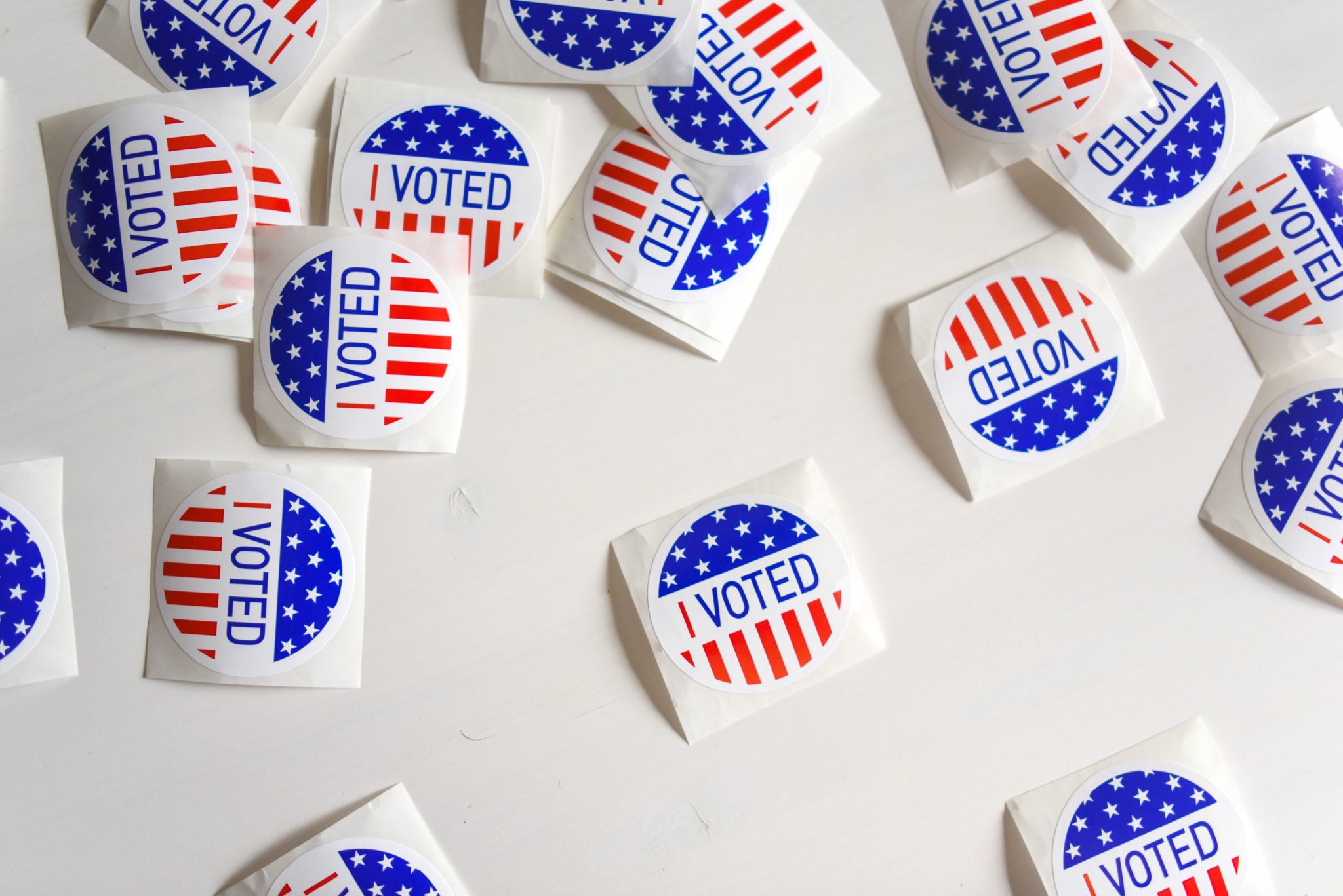Prop 17: Should California allow parolees to vote?

November 1, 2020
John ‘J’ Vasquez, a full-time, 43-year-old student at SF State, has never had the right vote.
That right was taken away before he was even eligible, because Vasquez, at 16, was sentenced to 15 years-to-life in Sacramento County for shooting and killing a rival gang member, 19-year-old Robert Maisonet, at a party.
It was part of the lifestyle Vasquez had grown accustomed to in south Sacramento, an impoverished area stricken by violence.
Vasquez is now out on parole and using his personal experience of growing up in prison to inform his work as a policy coordinator at the youth criminal justice nonprofit Communities United For Restorative Youth Justice. Yet despite being found suitable for parole, the California constitution still forbids him the right to vote.
“Even though I’m out because I’m not able to vote, I still feel that I’m locked up and more than that, I feel like my voice doesn’t matter,” said Vasquez.
That may change if California Proposition 17 is approved by voters this upcoming election cycle, which aims to amend the California Constitution to allow parolees the right to vote. This could mean that approximately 56,400 people currently on parole according to the latest numbers from California Department of Corrections, would have their voting rights restored and be able to vote in the next election.
Advocates of Proposition 17, like Chala Bonner of A Safe Return Project, a Richmond-based organization that helps former prisoners reintegrate back into society, believes that not only will this proposition make parolees to feel part of their communities again, but also reduce their chances of re-offending.
“I can definitely see a decline of recidivism because I believe that having that [voting] right really does give formerly incarcerated people a sense of belonging, it makes them feel like they’re a part of their community and they’re able to participate in democracy.”
Bonner’s assessment is supported by a number of studies. According to a study published by the Columbia Human Rights Law Review, researchers found that among those who were previously incarcerated, “voting appears to be part of a package of prosocial behavior that is linked to discontinuation from crime.” During a four year period the study tracked a sample of previously incarcerated people , 28 percent of non-voters were arrested or in jail, versus 10 percent for voters .
Vasquez leans on this point as well. For him, allowing parolees the vote is the right thing to do, and will reduce recidivism in California.
“If we’re talking about public safety, it doesn’t make sense to socially exclude somebody because that kind of gives people the sense of, well, you know, the community doesn’t care about me, so why should I care about the community?” explained Vasquez.
If Proposition 17 is approved, California would join a growing number of states that currently allow people on parole to vote. Although voting disenfranchisement for felons varies widely across states, there are currently 19 states and the District of Columbia that allow people on parole to vote.
Proposition 17 was borne out of Assembly Constitutional Amendment 6 (ACA 6), which passed both the California State Assembly and State Senate in 2019. It’s author, Assembly member Kevin McCarty (D-Sacramento), thought “It is wrong” that California holds arbitrary rules that bar people parolees with criminal records from voting.
But not everyone agrees. Senator Jim Nielsen (R-Tehama) opposed ACA 6, arguing that among those released on parole are “murderers, rapists, and sodomists,” and that parole is a period of adjustment to free society to see if parolees have been sufficiently rehabilitated.
Organizations like The San Francisco Bay Area Planning and Urban Research Association, a non profit organization focused on issues of governance across the Bay Area believes that Proposition 17 is good policy because “voter disenfranchisement is a form of systematic oppression that has existed in the United States since its founding,” and thus denying voting rights to people on parole is a continuation of that legacy.
According to the latest polling results by SurveyUSA, 55% of voters are in support of the proposition, while 26% remain undecided.
Bonner feels that if Proposition 17 is passed it will help more disenfranchised people of all walks of life to vote. “I can definitely see this huge empowerment, this huge uprising of Black and Brown people voting.”
For Vasquez the thought of Proposition 17 passing fills him with hope for the future of California.
“It’ll be huge for me on a personal level, but also it will dismantle California’s, generational, systemic racism built into the constitution, and both are very meaningful for me.”


